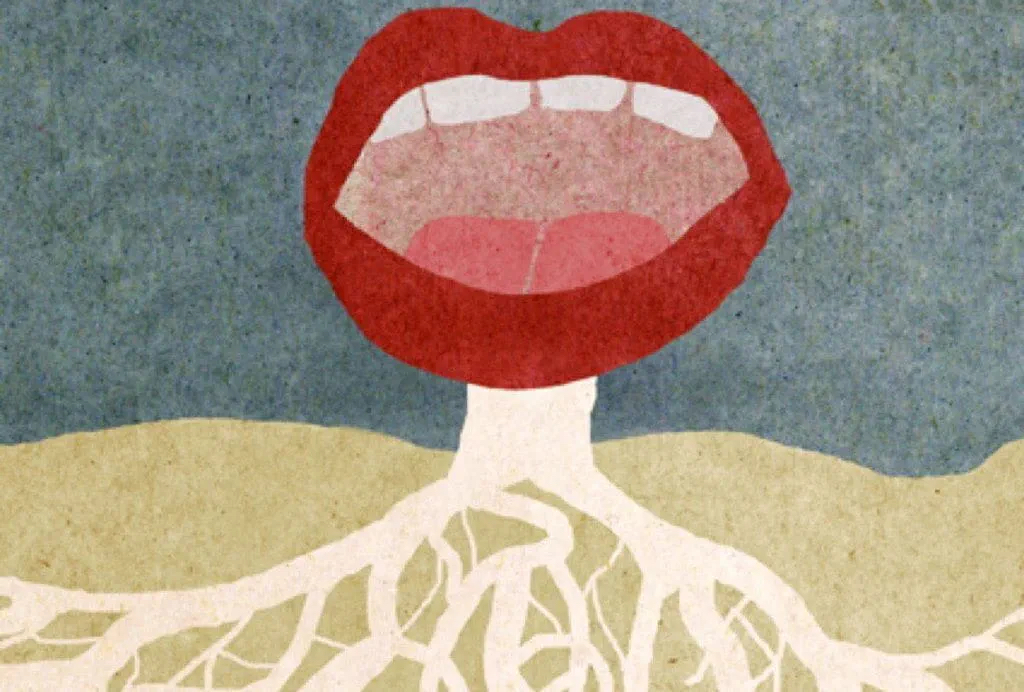Have you ever had a dream where people were speaking a different language—maybe one you know, maybe one you don’t? Or perhaps you noticed that your dream conversations were happening in your mother tongue, even if you don’t use it much in daily life anymore. Dreams often surprise us with their creativity, and the languages that appear in them can reveal something fascinating about how our subconscious mind works.
So, does the language you dream in matter? And can your mother tongue—or even a second or third language—shape the stories your subconscious tells at night? Let’s explore the psychology, symbolism, and science behind dreaming in different languages.
Why Language Appears in Dreams
Dreams are built from memory, emotion, and imagination. Language naturally sneaks into dreams because it’s one of the main tools we use to process the world. If you speak more than one language, your brain doesn’t just “store” them separately—it constantly switches, blends, and prioritises depending on context. That’s why multilingual dreamers often report that dream conversations follow real-life patterns: family conversations might be in their native tongue, while work-related dream scenes might unfold in a second language.
Psychologists believe this happens because dreams use the most emotionally charged or contextually relevant material. If your mother tongue carries emotional weight—like childhood memories, comfort, or family ties—it’s likely to pop up in your dreams, even if you rarely use it while awake.
The Role of Your Mother Tongue
For many people, the mother tongue feels like the “language of the heart.” It’s tied to deep memories, cultural expressions, and identity. When it shows up in dreams, it can signal that your subconscious is tapping into something personal or emotional.
- Childhood associations: Hearing or speaking your first language in a dream might reflect nostalgia, unresolved family dynamics, or a longing for home.
- Comfort and security: Because the mother tongue is often linked to safety and belonging, it can symbolise emotional grounding in a dream.
- Identity and roots: If you’ve moved away from your culture or rarely use your native language, dreaming in it might be your subconscious reconnecting with that part of yourself.
Some dreamers even say their mother tongue feels louder or clearer in dreams than in real life, as if the subconscious “prefers” it.
Dreaming in a Second (or Third) Language
If you’re bilingual or multilingual, chances are you’ve dreamed in a second or third language. Interestingly, this often depends on your level of fluency and the context of your waking life.
For example:
If you’re living abroad, your brain might default to the language you’re immersed in daily, even if it’s not your native tongue. Students often dream in the language they’re actively learning, especially after intense study sessions—a sign their brain is practicing while asleep. Some multilingual dreamers experience code-switching in dreams, where conversations naturally flow between languages, just as they do in real life.
In these cases, dreaming in another language may reflect adaptation, learning, or even stress related to communication in that language.
What About Dreaming in a Language You Don’t Know?
This one is especially intriguing. Many people claim to dream in languages they don’t consciously know. Usually, these dreams involve hearing snippets of words or entire conversations that don’t make sense when you wake up.
Psychologists suggest two explanations:
- Impression memory: Your brain picks up sounds and patterns from languages you’ve heard before—even if you didn’t study them. Dreams then weave these into scenes, creating the illusion of fluency.
- Symbolic language: Sometimes, the “foreign” language in a dream isn’t about literal communication but symbolises confusion, mystery, or distance. For example, struggling to understand a foreign tongue in a dream might mirror difficulties expressing yourself in waking life.
Spiritual and Symbolic Interpretations
Outside of psychology, languages in dreams can also carry symbolic meanings. Some traditions believe dreaming in your native tongue signals spiritual alignment or ancestral guidance, while dreaming in a foreign language could suggest you’re entering unknown territory in life.
For instance:
Mother tongue dreams may point to self-reflection, emotional honesty, or revisiting your roots. Foreign language dreams might symbolise challenges, new opportunities, or a call to learn from unfamiliar situations. Unintelligible speech in dreams is often interpreted as a sign of inner conflict or suppressed feelings—something within you wants to be expressed but can’t quite find the right words.
Real Stories from Dreamers
Many multilingual dreamers share quirky experiences about how languages show up at night. One person might dream of their grandmother speaking in their mother tongue, even though she passed away years ago. Another might dream of giving a presentation in English, only to switch mid-sentence into Spanish or Korean. For language learners, dreaming in the new language often feels like a milestone—it’s the brain’s way of showing that the knowledge is sinking in.
What This Says About the Subconscious
Ultimately, dreaming in different languages highlights how flexible and layered the subconscious mind is. It draws from every corner of your life—your roots, your relationships, your studies, and your surroundings—to create narratives that feel both familiar and strange.
Here’s what you can take away if you dream in different languages:
- Pay attention to the context: Who was speaking? Where were you? Was the conversation clear or confusing?
- Notice the emotions: Did your native tongue feel comforting? Did a foreign language feel intimidating? These feelings often reveal the dream’s deeper message.
- Reflect on your waking life: Language in dreams may mirror your communication struggles, identity shifts, or connections with others.
Final Thoughts
So, does your mother tongue change your subconscious story? The answer seems to be yes—at least in the way it flavors the emotions, characters, and scenarios of your dreams. Your first language tends to anchor your deepest memories and feelings, while second or foreign languages may reflect learning, adaptation, or stepping into new phases of life.
Dreaming in different languages reminds us that the subconscious is multilingual too. It doesn’t follow strict grammar rules or vocab lists—it blends everything you’ve experienced into a tapestry of meaning. Whether you’re sipping tea with your grandmother in your native tongue, or fumbling through a surreal conversation in a language you barely know, your dreams are showing you how complex and creative your inner world truly is.
WATCH:
Disclaimer: The interpretations shared in this article are intended for informational and entertainment purposes only. Dreams are deeply personal and can be influenced by individual experiences, emotions, and cultural background. While we aim to provide thoughtful insights, the meanings may not apply to everyone. If your dreams are causing ongoing distress or affecting your well-being, consider speaking with a qualified professional for further guidance.





